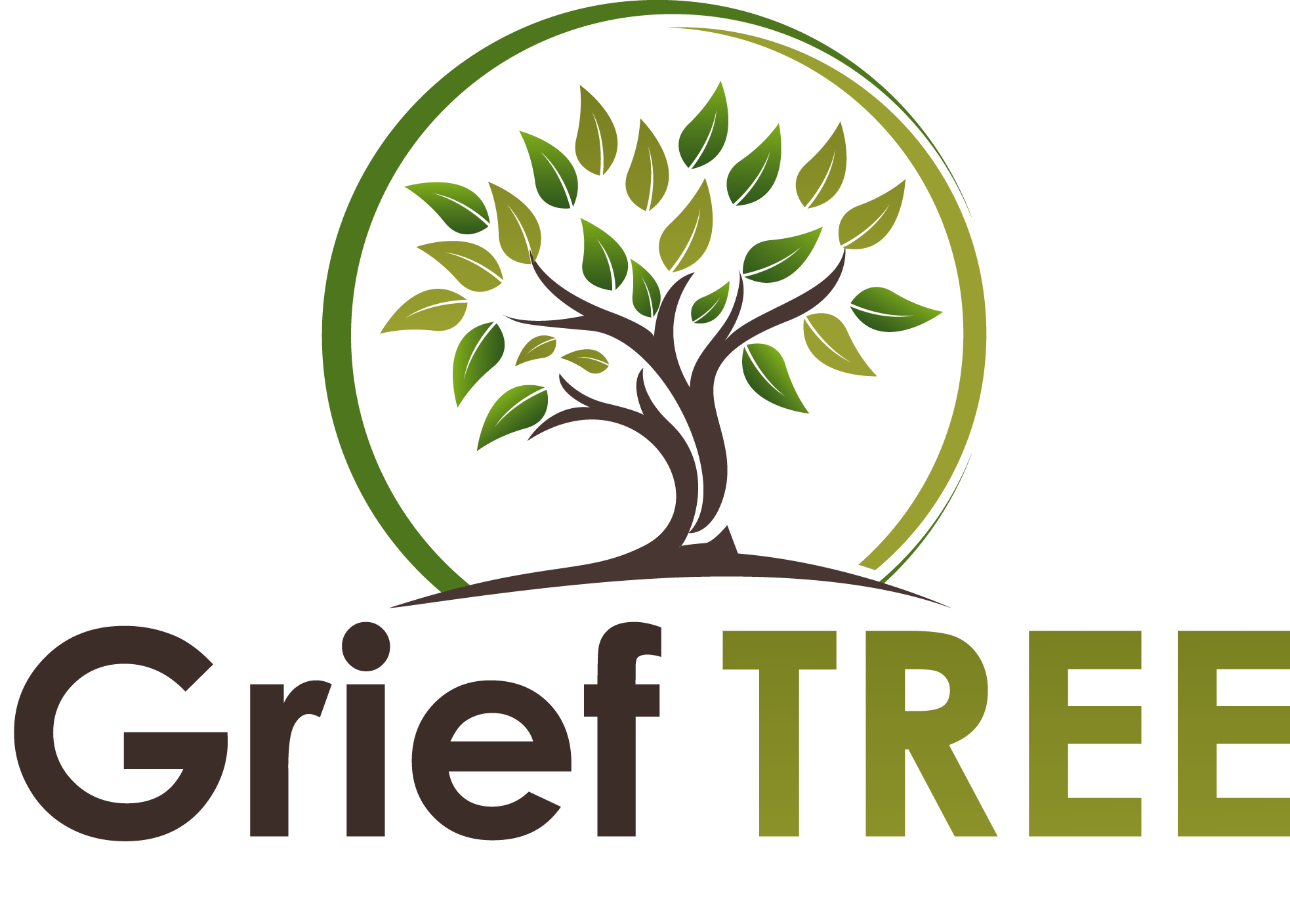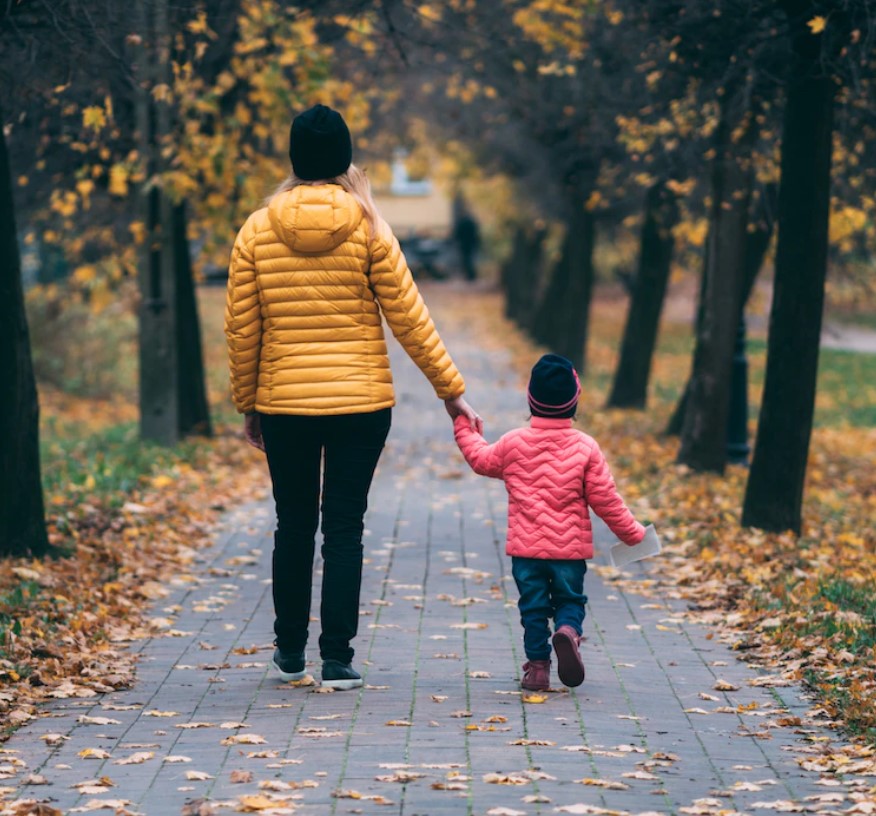I was reading a book sometime last month on the ”Wounded Inner Child” concept. The author’s approach, in my opinion, is so deep that I found myself digging in the wheel of my emotions and came back full of tears. Most of those who live past childhood have gone through losses one way or another, either missing a very happy childhood or a not having had a good childhood. One might quickly think they have had a safe, happy, and well protected childhood and that their inner child has nothing to worry about. Possibly, but how about me inviting you now to just let yourself go a little bit and retrospect just a little bit deeper. Let’s re-visit just for a few minutes if you will, the one, or two, or three emotions you now remember encountered sometime in your childhood, which today again, your inner child still every now and then brings up to the surface.
The one I remember the most is fear. Growing up with grandparents, I remember that I was so scared of the dark that I slept in my grandparents’ bedroom until my grandfather died when I was 11. A dark room always creates some anxiety in me. That little thought about what could be in here that I cannot see and cannot do anything about, freaks me out. When I got married, I had two nonnegotiable habits with my husband, the soft light on my side in the bedroom, and the warm water for my shower. (If you only live in the United States or a developed country for your whole life, you may not fully grasp how precious electricity and water are). Back to our subject…..
I think it is easy to talk about emotions in children because we’ve all “been there done that”. If you are reading this post, I’m positive you have passed the childhood stage. One of the fundamental characteristics that differentiates mankind from other species is the mental capacity to think, to feel and to purposely act in a certain way. These three elements have been the object of the proven Cognitive Behavioral Therapy (CBT) techniques helping children, adults and older adults dealing with so many emotions or cognitive challenges.
One of the areas where emotions engage a lot, is in grief. My simplest definition of grief is “one’s own reactions to loss”. So, can our internal little one experience loss? Can they show emotions following a loss? Due to the type of events that have happened, despite the age group, someone could be happy, joyful, hopeful, sad, mad, worried, confused, frustrated, fearful, content, glad, embarrassed, angry, remorseful, satisfied, exhausted, relax, empty, bored, irritated, disappointed, shocked, tired, anxious, relief, nervous, depressed, delighted to name a few. Could many of those be seen in someone? I think so.
As I remember fear as one of the strongest feelings I’ve ever experienced, I do remember how I felt when my grandpa died. He was my papa. Grandpa always asked me and my little sister what we wanted as inheritance. My little sister wanted the whole house, the land and the clear, limpid water source in our backyard. I always wanted his blue sweater. The whole family knew it. At his death, my grandma handed me the sweater. It was so comforting. When I had to travel, that sweater was the world to me. I always had it with me. Years later when I had to dispose of the fringes of this sweater, that’s when I really felt my grandpa was not there anymore. He died on January 8, 1980. However, in my adult life today, I still love him and I still miss him dearly. My inner child sometimes longs for his wise counsel and his loving arms. Grandpa always said that he sent me to school to learn how to write and read, but at home, he taught me, taught us, how to be a responsible citizen.
Sometimes, it takes very little to trigger a mood change in a person. Emotions could be played like a rainbow moving in waves at times, without anyone noticing anything. The sleeping or quiet inner child in us, does not forget the good and the bad things that have happened in life. So, I have this question for you: Can the little one in you be grieving a recent or a long-gone loss?
I deliberately chose to talk about little one, the inner child, instead of children. Because, during the holiday period, families are getting together to have a good time, enjoying each other, counting their blessings and being thankful for each other and more, but also thinking about their losses. As you all know, grief is not only about the death of someone, but also about all losses. The loss can be tangible or intangible. If only you sit a minute on this, right here, you will understand how important it is to find a way to grieve your losses. Some may still be painful to you, but you tried to just bury them in what Freud called your subconscious, thinking it is safe there.
Since you have been a child sometime in life, is that inner child completely gone? Have you listened to your inner child? If yes, what have you heard? And what steps are you taking to help that child in you be healthy?
Wishing you a peaceful holiday season.
Nadine Nord, LCSW
Therapist at GriefTREE



